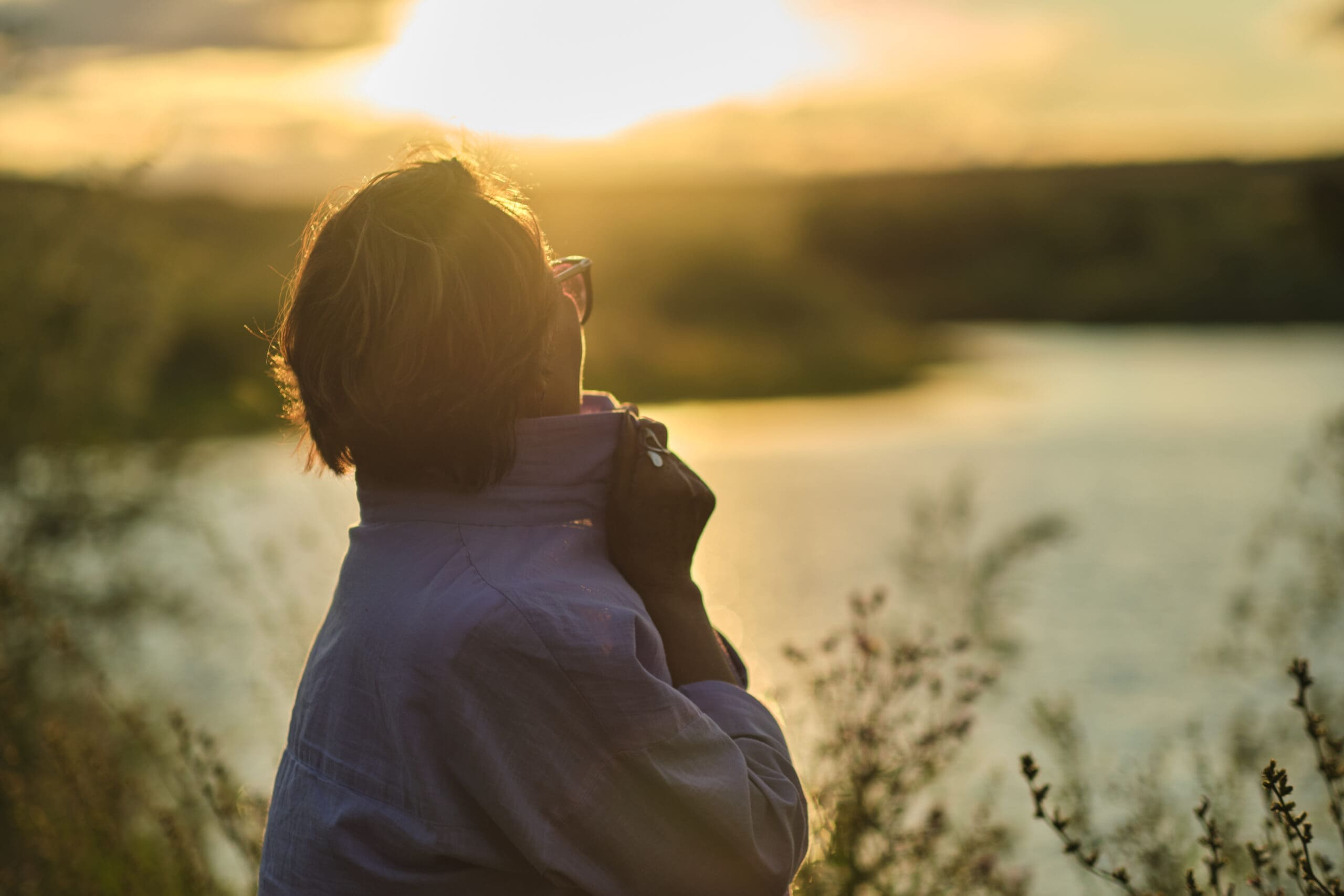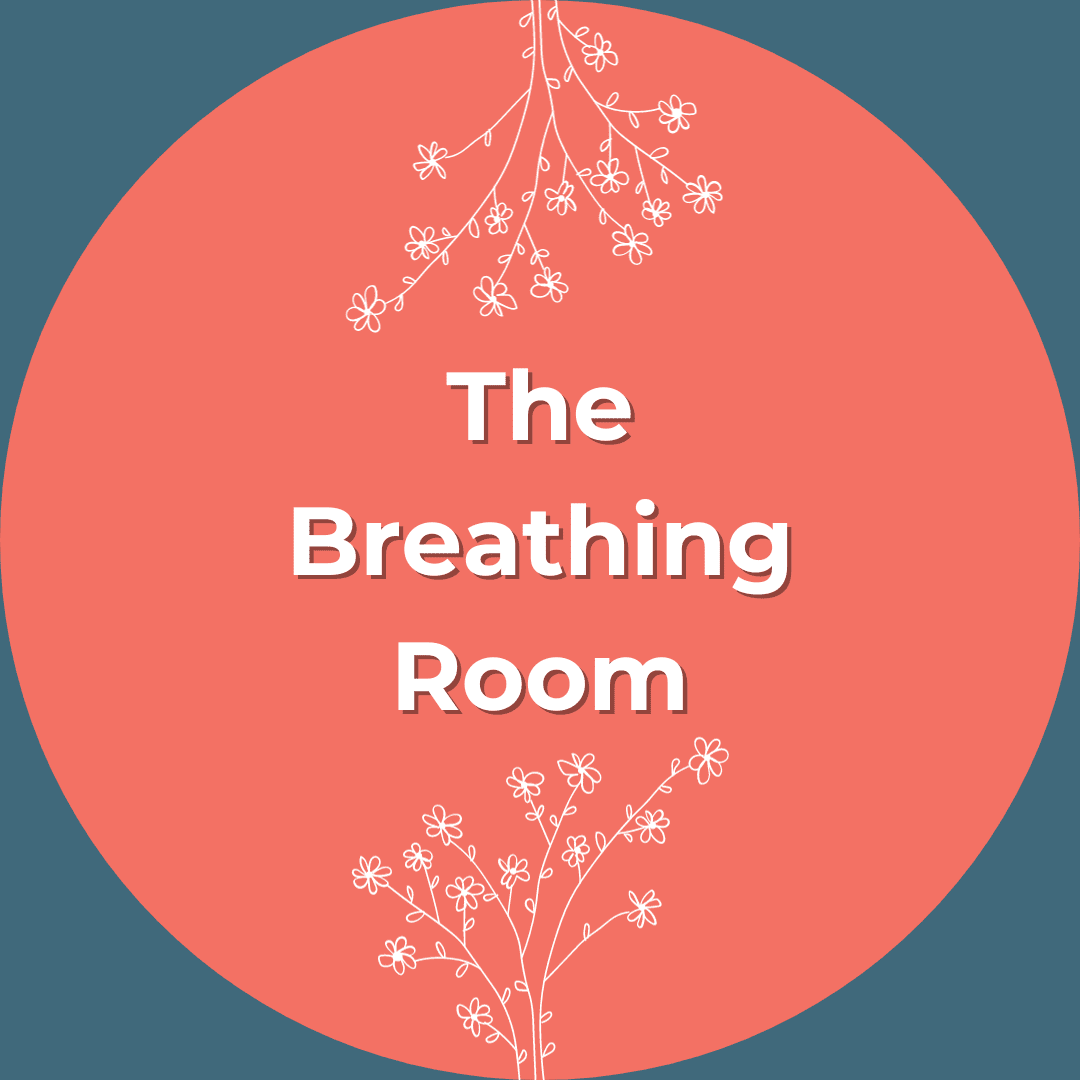“Put on your own oxygen mask first.”
“You can’t pour from an empty cup.”
“Self care means giving the world the best of you, not what’s left of you.” -Katie Reed
I recently attended a panel about tactical first aid and one thing that was emphasized repeatedly was the importance of removing yourself from an actively dangerous situation before trying to take care of anyone else. If you get hurt, you’re not only unable to help people but now you also need resources and care. If you aren’t taking care of yourself, you won’t have the capacity to take care of anyone else.
We have all these maxims and quotes to remind us to take care of ourselves, but if we all agree it’s so important, why is it still so hard for us to do?
I think there are a few reasons. The first reason is that we mistake crumbs for meals.
After a long day, I’m looking for ways to regain energy. I feel a little recharged after I spend time on my phone scrolling Instagram, and I forget that I would feel a lot more recharged if I read, spent some time working on art or listened to a podcast. It can be hard to prioritize a full meal of self-care when we feel like we’re getting by just fine with a snack. Intentional self-care will always be better for us than anything mediocre and half-hearted.
Another reason is that we limit how we interpret the term “self-care.” It isn’t just doing the things that make us happy. Self-care can also be listening to your intuition. Using your emotions as indicators for how to deal with a situation. If you dread spending time with a person or you feel sick thinking about going to work, you probably need a change. Your emotions are vital indicators of how you should approach a situation and what changes you need to make, and part of self-care is saying “no” to the things that drain your energy.
It can be hard to prioritize yourself, especially when you know people need something you have to offer. But if you’re constantly giving and never recharging your own battery, you will burn out and be unable to give anything at all. If we let ourselves get completely exhausted, it will take longer to recharge all at once than it would take to recharge in increments.
If I push myself to give 100% at all times during the week, I will need an entire weekend to come close to fully recharging and resting. Whereas if I practice intentional self-care throughout the week in small spurts, I will have more energy for the weekend and be able to do more activities on the weekends.
If I get out of the habit of practicing self-care, it can be very hard to get back into it. The longer I wait to get back into it, the harder it becomes. It’s like I forget how to take care of myself, and I have to relearn every time.
When I’ve been really disciplined in practicing self-care, I have more space for others. I have the capacity to care for my friends more fully than I can when I’m exhausted because I haven’t prioritized myself.
Take care of yourself! You matter! And the work you’re trying to do in this world matters, but you can only keep doing it if you take care of yourself first.



